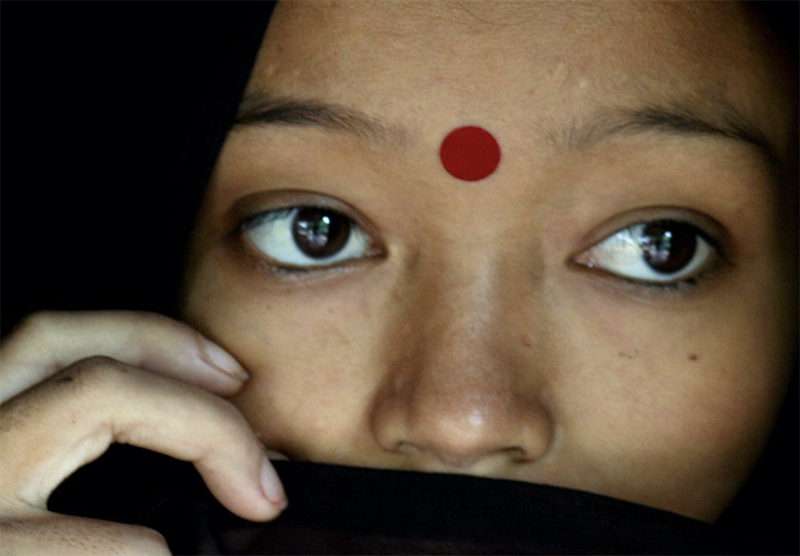Over the past five years, many people working in global health have tried to ensure that the field becomes more inclusive and diverse. Historically, global health has been mainly a top-down, North-to-South enterprise led primarily by white, elite men. What we are now seeing is an attempt to ensure that people and communities previously underrepresented in agenda-setting, discussions, and decisions have a voice at the table, are present at meetings, and can determine what is needed in their specific contexts.
The field has come a long way from its colonial past, but global health still falls short of being diverse and inclusive. This article published by Think Global Health discusses the inequities that remain in the field, and efforts to improve them including many women’s movements that are advocating for the inclusion of women into global health decision-making and leadership roles.
Read the full article here.


